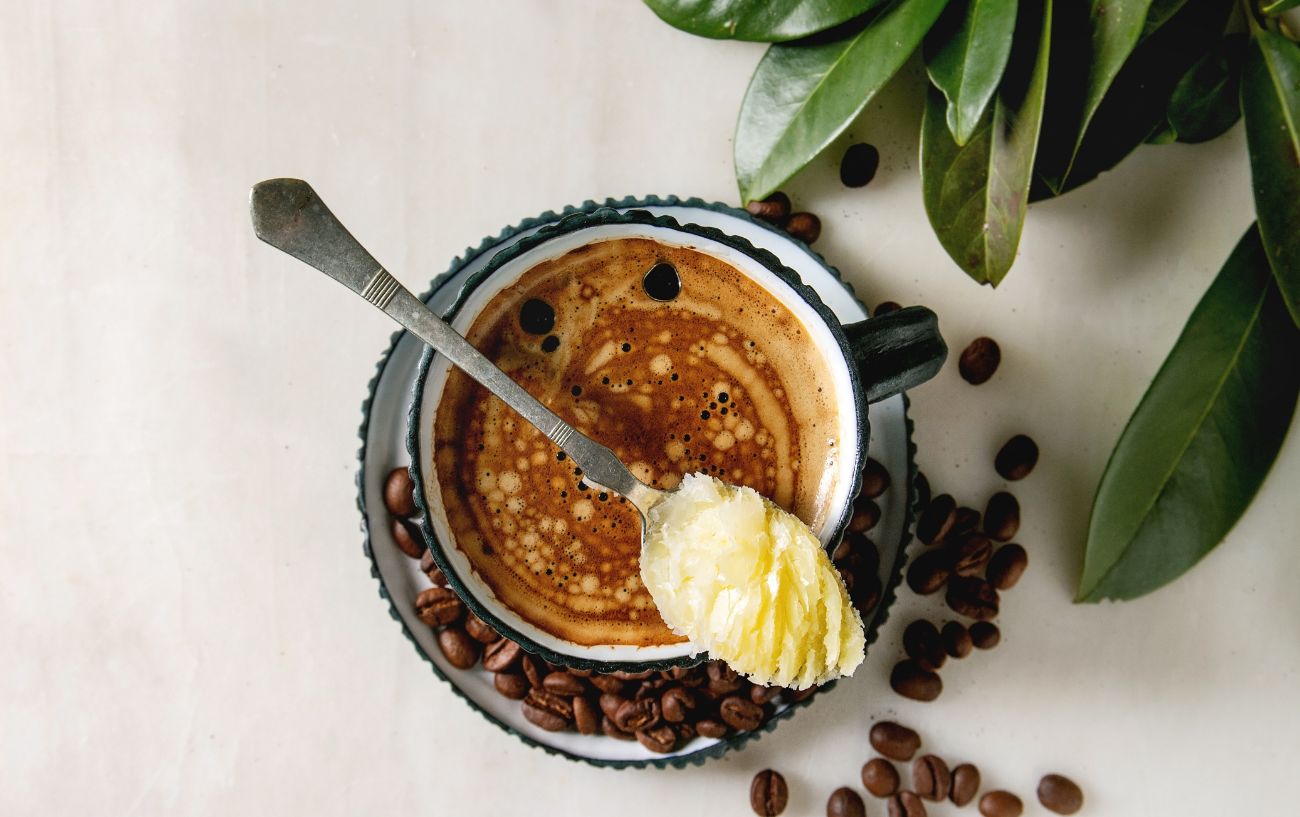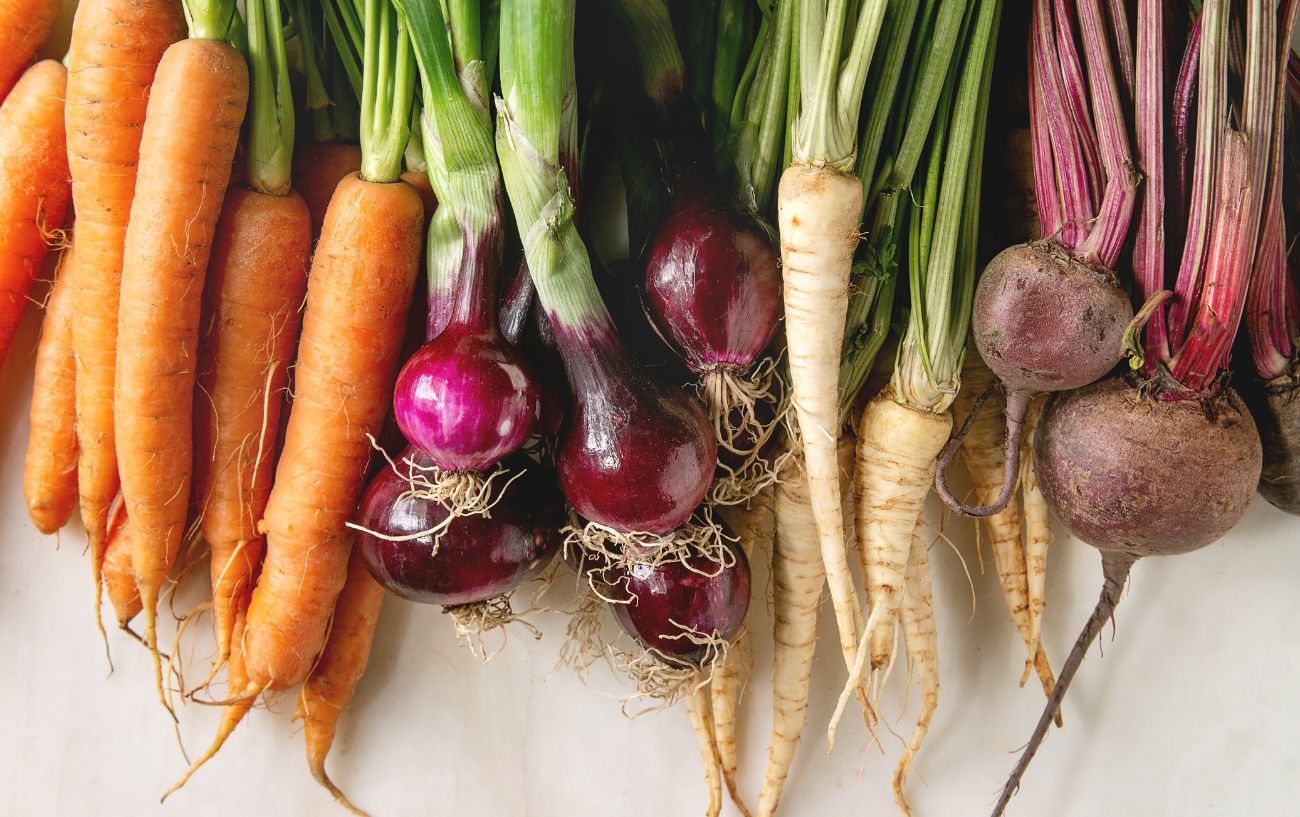Protein shakes are popular among both recreational and competitive athletes because they provide a quick, convenient, and often tasty way to provide the muscles with amino acids and calories immediately after a hard workout.
But, should you drink protein shakes on non-workout days or only when you work out? Is it bad to drink protein shakes without working out?
In this article, we will look at the effects of drinking protein shakes and answer the common question, “Should you drink protein shakes on rest days?”
We will cover:
- The Effects of Drinking Protein Shakes
- What Happens If You Drink Protein Shakes On Rest Days?
- Should You Drink Protein Shakes On Rest Days?
Let’s dive in!

The Effects of Drinking Protein Shakes
Before we dive into whether you should drink protein shakes on rest days, it’s useful to quickly discuss what nutrients protein shakes contain.
A “protein shake” can refer to any sort of high-protein drink made.
Although looking at the ingredients labels of any two protein shakes will quickly demonstrate that the formulations can vary significantly between products, most protein shakes are made with some type of protein powder or protein isolate, although it’s also possible to make protein shakes with whole food ingredients like Greek yogurt, cottage cheese, and milk.
The type of protein concentrate used in a protein shake can be anything from a single-ingredient or multi-ingredient plant-based protein powder like brown rice, pea, hemp, or soy to animal-based protein isolates like whey, casein, collagen, and egg.
Many protein shakes are also fortified with vitamins and minerals such as iron, vitamin B12, zinc, and niacin and usually include cow’s milk or plant-based milk like almond milk, rice milk, soy milk, or oat milk.

From there, the range and variety of ingredients used in the recipes for protein shakes—whether commercial or homemade—explodes exponentially, along with the resultant nutritional content.
Many homemade protein shake recipes include a banana, 1-2 tablespoons of peanut or other nut butter, and might include other fruits like berries or peaches, Greek yogurt, avocado, spinach, etc.
Given the wide diversity of the constituent ingredients in a protein shake, it’s hard to give specific numbers for the nutrition facts of a protein shake.
With that said, when a protein shake recipe involves just one scoop of protein powder and water or milk, it will usually contain around 25-30 grams of protein and 200-300 calories (on the lower end for water or unsweetened almond milk and upper end for dairy milk).
Once you start adding ingredients like banana, peanut butter or almond butter, and yogurt, the total calories, fat, and carbohydrates increase substantially.
These types of protein shakes may provide anywhere between 300-800 calories or so, up to 20 grams of fat, somewhere between 15-50 grams of carbohydrates, and 30-40 grams of protein or more.

What Happens If You Drink Protein Shakes On Rest Days?
So, what happens if you drink a protein shake on a rest day without working out?
Ultimately, it depends.
The effects of drinking protein shakes without working out depend on four primary factors:
- The protein shake recipe, which determines the calories in a protein shake and the overall nutrition content.
- Your overall diet for the rest of the day in terms of the calories, carbohydrates, protein, and fat you consume aside from the protein shake.
- Your usual workout routine in terms of the type, frequency, intensity, and duration of exercise.
- How often you drink protein shakes on non-workout days.
Let’s discuss each of these factors individually:

Protein Shake Nutrition
The effects of drinking a protein shake on a rest day will depend somewhat on the protein shake recipe because this determines the caloric content and overall nutritional profile of the protein shake.
If you drink a protein shake made with just protein powder and water or unsweetened almond milk, you will be consuming significantly fewer calories than if you drink a protein shake with banana, nut butter, and other add-ins.
The more calorically dense the protein shake, the greater the impact it will have on your potential weight changes.
Your Overall Diet
Your overall diet on your rest day and your total daily energy needs significantly affect the effects of drinking a protein shake on a non-workout day.
For example, is the protein shake replacing a meal, or are you adding it on top of your regular diet that already supplies all of the calories and nutrients you need in a day?
If you substitute a regular meal or large snack for a protein shake, drinking a protein shake on a rest day will have little to no adverse effects and may actually improve your nutrition and health, as long as you use a clean protein powder free from fillers, chemicals, or excessive sweeteners.
If the number of calories in the protein shake is less than what you were previously eating in a meal or less than your energy needs, you will lose weight by drinking protein shakes even if you don’t work out.
However, if you add protein shakes to your diet on rest days without making compensatory reductions elsewhere in what you’re eating, and you are in a net caloric surplus by doing so, you will gain weight.
Essentially, if you consume excessive protein and calories without working out, the protein (and carbohydrates and fat if the recipe has these nutrients) in the shake will be converted to triglycerides and stored as fat.

Your Typical Workout Routine
Your general exercise routine can also play a role in the effects of drinking a protein shake on a rest day.
If you work out most days of the week—especially if you’re doing intense resistance training—drinking a protein shake on a rest day can actually be beneficial to your muscle growth and recovery.
Depending on your workout, your muscles are still undergoing the repair process as much as 48-72 hours afterward, so the muscles will just use the amino acids in the protein shake to provide the necessary building blocks to keep repairing and rebuilding your damaged muscle fibers.
Plus, your body always needs protein, so even if your muscles get enough amino acids to recover from a workout, the protein in a protein shake can be used for other requisite functions.
For example, The Academy of Nutrition and Dietetics and the National Academy of Medicine recommend that for general health, the average adult should strive for a daily protein intake of 0.8 grams of protein per kilogram or 0.35 grams per pound of body weight.
Moreover, the daily protein needs of athletes are even higher. The American College of Sports Medicine recommends that athletes consume at least 1.2–2.0 grams of protein per kilogram of body weight per day.

How Often You Drink Protein Shakes On Rest Days
The number of rest days that you take in a week and the number of times you drink protein shakes on these non-workout days will affect your overall body composition changes.
If you are only working out three days per week and take four rest days per week, and you choose to drink a protein shake every rest day, the impact of drinking protein shakes without working out will be more significant than if you only take one or two rest days per week or only drink a protein shake once or twice a week without working out.
Even if you are in a slight caloric surplus one day because you drank a protein shake on a rest day, you may compensate for this caloric surplus on other days when you are more active.
Even if there are no compensatory days in which you are in a caloric deficit, it will take a lot longer to see appreciable fat gain if you are only overeating once or twice a week than if it is a habitual pattern.
When you create a caloric surplus of 3,500 calories, you will gain one pound of body fat. If each protein shake has about 300 calories, you can drink about 12 protein shakes without working out before gaining one pound if you don’t make other dietary adjustments.

Should You Drink Protein Shakes On Rest Days?
So what’s the bottom line? Should you drink protein shakes on non-workout days?
Overall, there is absolutely no rule about whether you should or shouldn’t drink protein shakes on rest days. It really comes down to your overall body composition goals, your workout routine, your dietary preferences and the rest of the food that you eat in a day, and how your body feels with protein shakes.
If you are looking to bulk up and gain muscle, drinking protein shakes on rest days can be extremely beneficial, especially if you make energy-dense protein shakes with added ingredients.
If you are looking to lean out and get more cut, you can still drink protein shakes on rest days, but you will either want to make compensatory dietary adjustments—like substituting a protein shake for a regular meal—or drink a low-calorie protein shake made with just plain water or unsweetened almond milk.
Keep in mind that your body needs protein and calories every day, so just because you drink a protein shake on a rest day does not mean you are giving your body nutrients it can’t make use of.
If you would like to make your own protein shakes, check out our awesome protein shake recipes.













